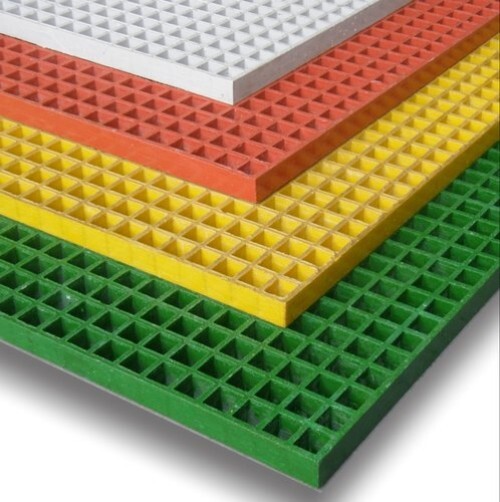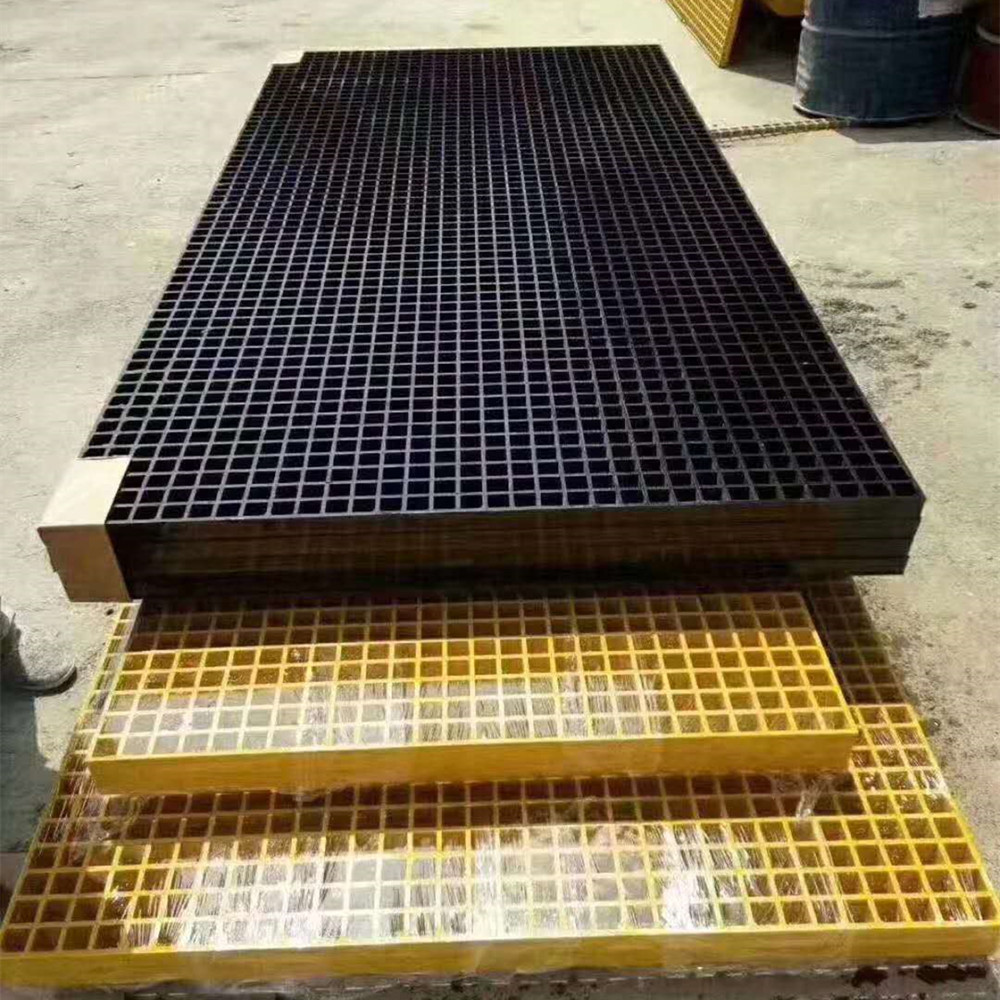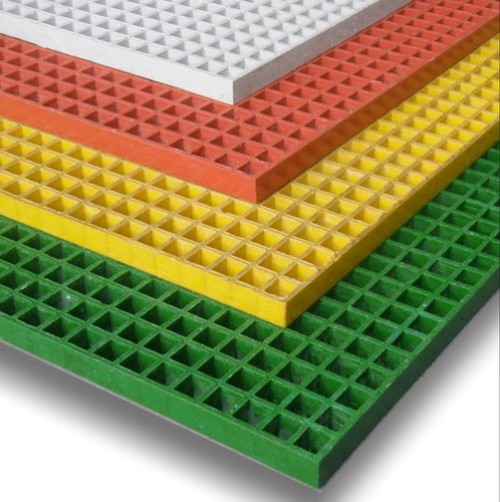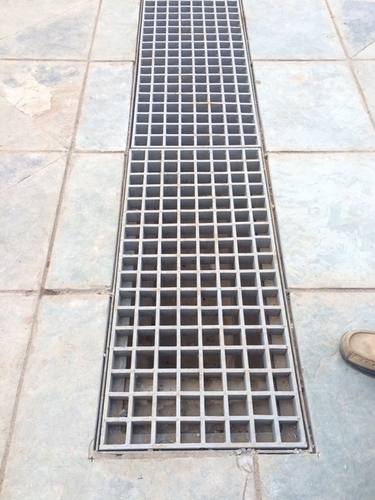FRP GRP GRATINGS
FRP GRP GRATINGS Specification
- Height
- 30 Millimeter (mm)
- Length
- 3660 Millimeter (mm)
- Shape
- Rectangle
- Usage
- INDUSTRIAL GRATING
- Material
- Fiberglass
- Application
- INDUSTRIAL AND MULTIPURPOSE
- Surface Treatment
- Polishing
- Product Type
- FRP GRATING
- Weight
- 65 Kilograms (kg)
- Size
- 30
- Color
- YELLOW
- Width
- 1220 Millimeter (mm)
FRP GRP GRATINGS Trade Information
- Minimum Order Quantity
- 100 Units
- FOB Port
- VADODARA
- Payment Terms
- Cash Advance (CA), Telegraphic Transfer (T/T)
- Supply Ability
- 1000 Units Per Month
- Delivery Time
- 6 Days
- Sample Available
- Yes
- Sample Policy
- Sample costs shipping and taxes has to be paid by the buyer
- Packaging Details
- STANDARD EXPORT QUALITY PACKING
- Main Export Market(s)
- Asia, Australia, Central America, North America, South America, Eastern Europe, Western Europe, Middle East, Africa
- Main Domestic Market
- All India
- Certifications
- NONE
About FRP GRP GRATINGS
FRP vs. GRP Grating: Ultimate Guide to Choosing the Right Composite Grating
IntroductionDiscover the essential differences between FRP (Fiber Reinforced Polymer) and GRP (Glass Reinforced Plastic) grating. Learn how these advanced materials can benefit your industrial or commercial applications with their superior properties.
What is FRP Grating?FRP grating is composed of a polymer matrix reinforced with glass fibers. It is known for its:
- Corrosion Resistance: Ideal for environments exposed to chemicals and moisture.
- Lightweight Design: Makes handling and installation easier compared to traditional materials.
- Durability: Offers long-lasting performance even in harsh conditions.
- Low Maintenance Needs: Requires minimal upkeep, reducing long-term costs.
Advantages of FRP Grating
- Chemical Resistance: Perfect for chemical plants and wastewater treatment facilities.
- Non-Conductive Properties: Safe for use in electrically sensitive environments.
- Cost-Effective: Lower installation and maintenance costs over time.
What is GRP Grating?GRP grating features glass fibers embedded in a polymer resin, providing:
- Strength-to-Weight Ratio: High strength while remaining lightweight.
- Anti-Slip Surface: Enhances safety with a textured surface that prevents slips.
- Electrical Insulation: Reduces risk in electrically hazardous environments.
Benefits of GRP Grating
- Exceptional Durability: Suitable for various industrial and commercial settings.
- Versatile Applications: Ideal for walkways, platforms, and safety barriers.
- Low Maintenance: Less frequent repairs and upkeep compared to traditional materials.
Choosing Between FRP and GRP GratingWhen deciding between FRP and GRP grating, consider factors such as:
- Environmental Conditions: Corrosive or chemical-heavy environments may benefit more from FRP.
- Load Requirements: GRP may offer higher strength and load-bearing capabilities.
- Safety Needs: Both offer anti-slip properties, but specific applications might favor one type over the other.
ConclusionBoth FRP and GRP grating provide robust solutions for various applications, offering benefits like corrosion resistance, durability, and low maintenance. Choose the grating type that best suits your environmental conditions and load requirements to ensure optimal performance.
Call to ActionFor personalized advice on FRP and GRP grating solutions, contact us today! Our experts are here to help you find the perfect grating for your needs.
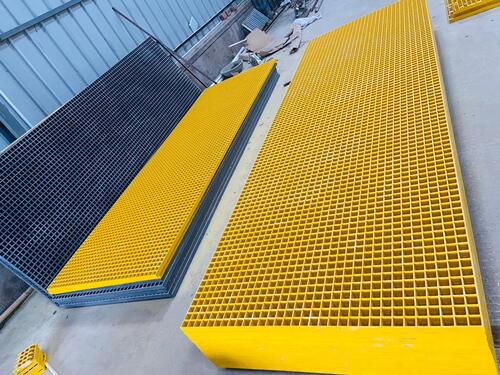
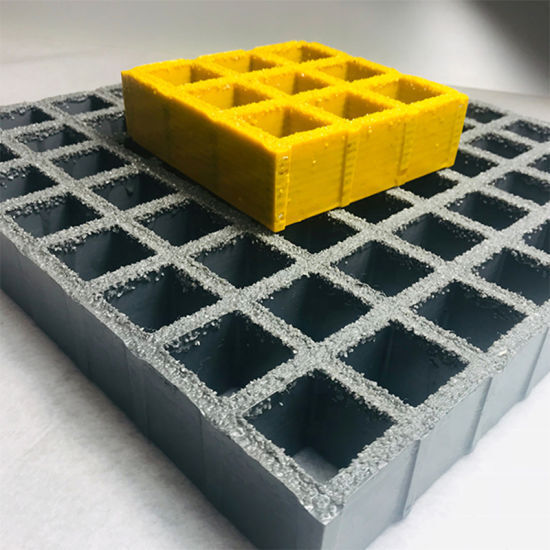
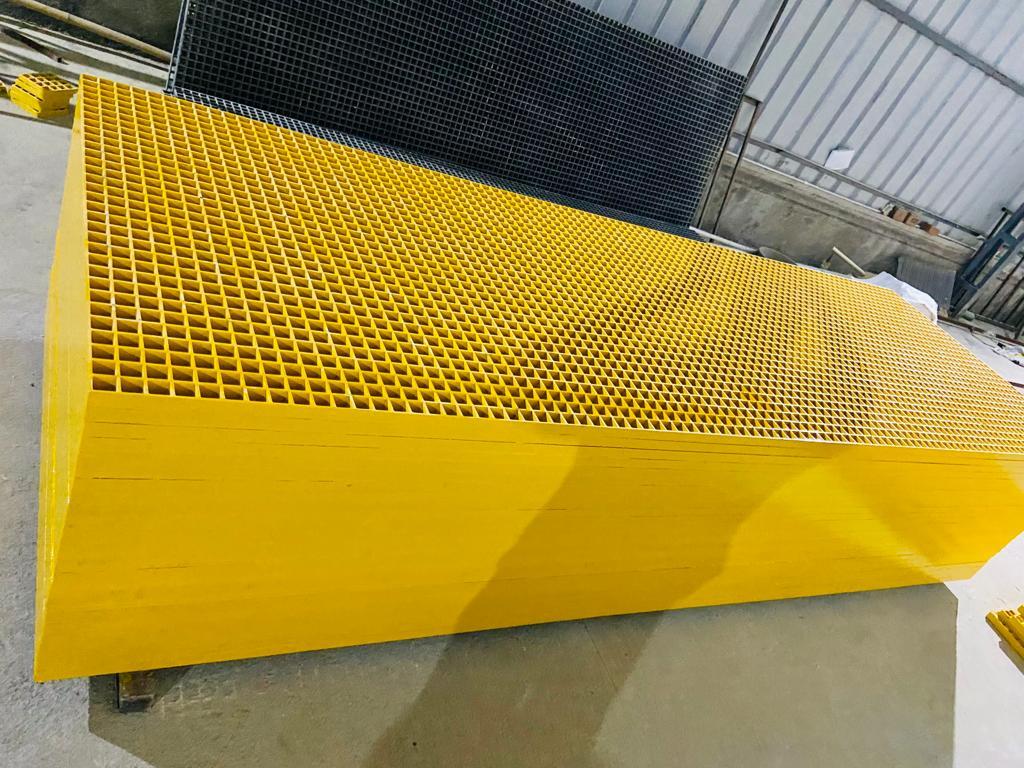
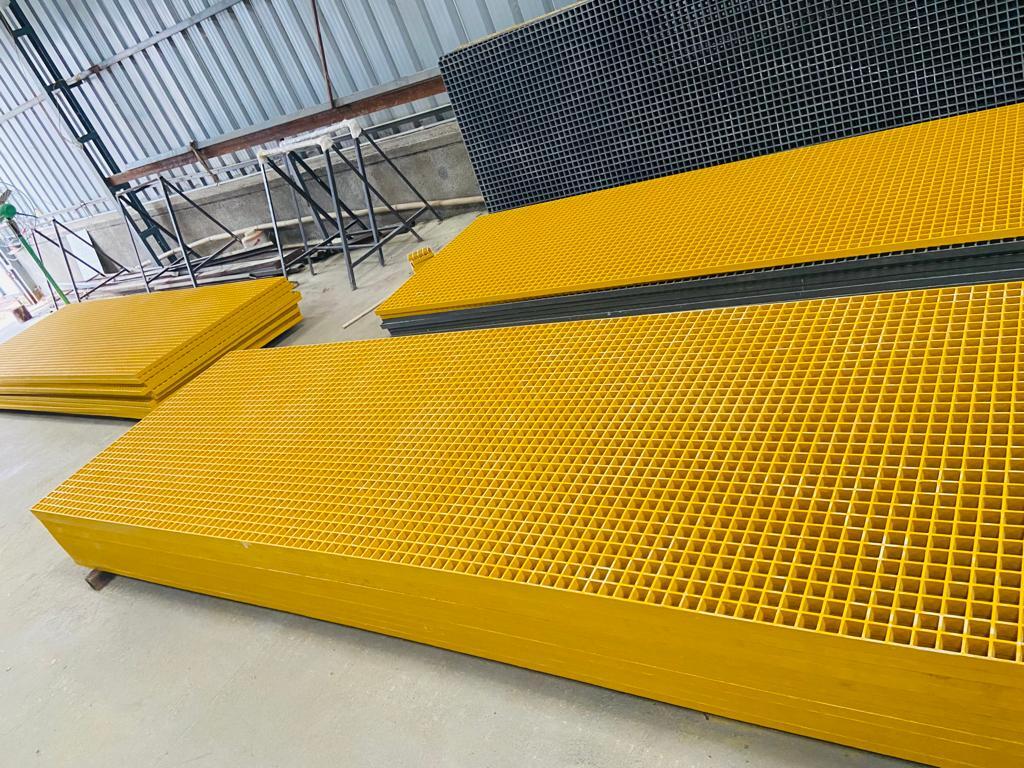

Price:
- 50
- 100
- 200
- 250
- 500
- 1000+
More Products in FRP Gratings Category
FRP Grating Manufacturer
Price 360.0 INR / Unit
Minimum Order Quantity : 10
Usage : INDUSTRIAL
Surface Treatment : Other
Material : FRP
Size : Customized
Fiberglass grating
Price 360.0 INR / Square Foot
Minimum Order Quantity : 100 Units
Usage : Industrial , Swimming Pool , Floor , Walkway
Surface Treatment : Polishing
Material : Fiberglass
Size : Customized
Composite grating
Price 365.0 INR / Square Foot
Minimum Order Quantity : 10
Usage : Industrial
Surface Treatment : Polishing
Material : Fiberglass
Size : Customized
Drainage Cover FRP Grating
Price 200 INR / Piece
Minimum Order Quantity : 100 Pieces
Usage : Drainage
Surface Treatment : Painted
Material : FRP
Size : Custom/Standard sizes available

